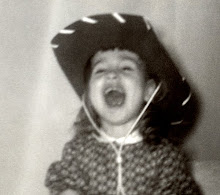
From their website: Sari Bari is a safe place of employment where women who have been exploited in the sex trade or who are vulnerable to trafficking can experience a new life in the making.
Sari Bari does not rescue women, but rather seeks restoration for those who have been trafficked or held in the sex trade by poverty and lack of empowerment. Approximately 65 percent of women in the red light areas no longer qualify for legal action in the form of rescue. While they were likely first trafficked in their teen years, many are now middle-aged and are trapped by circumstances that have bound them since childhood. We hope to offer high-risk girls an opportunity to life-giving education and work that will protect them from ever entering the sex trade. Additionally, up to 20 percent of Sari Bari jobs at our locations within the city are given to at-risk women who live in the red-light districts. These are usually daughters of women currently in the sex trade, who are uneducated and at a high-risk of being lured or forced into prostitution.
The name "Sari Bari" comes from two symbols. A sari is the traditional clothing worn by women in India. In India, a sari represents the essence of womanhood. The word bari mean "house or home" in the Bengali language.










